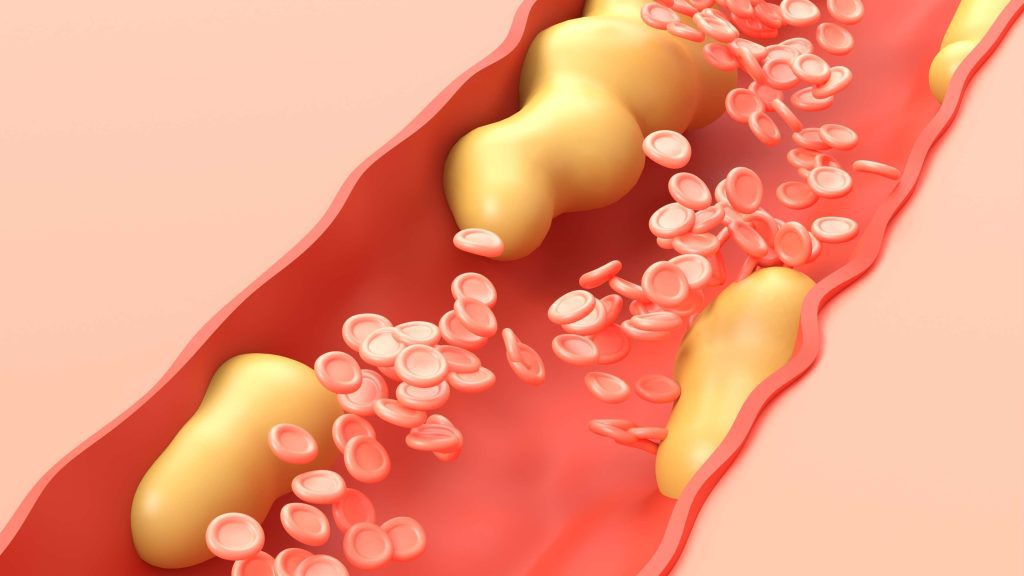
A gene-editing treatment indicates a potential breakthrough in permanently reducing LDL cholesterol levels, redefining cardiovascular care.
- The study demonstrated the treatment’s potential to significantly lower LDL cholesterol with a single therapy.
- The treatment focuses on editing the PCSK9 gene, reducing cholesterol synthesis in the liver.
A new gene-editing treatment shows the potential to significantly reduce dangerous cholesterol levels, offering hope for millions at risk of heart disease.
Conducted and presented by Verve Therapeutics at the American Heart Association meeting, the small study had 10 patients only. The treatment might permanently lower low-density lipoprotein (LDL) cholesterol with a single therapy.
The participants, ages 29 to 69, all were in the U.K. and New Zealand. They suffered from severe heart disease that did not respond adequately to conventional cholesterol-lowering medications. All the volunteers had a genetic abnormality known as familial hypercholesterolemia. This genetic disorder causes extremely high LDL.
Simply put, the treatment targets a specific gene, the PCSK9 gene, that elevates LDL cholesterol. Once edited, cholesterol synthesis in the liver goes down. Gene editing experts and cardiologists alike agree on its potential in preventative cardiology.
Dr. Sekar Kathiresan, the lead researcher and CEO of Verve Therapeutics, excitedly explained in an interview with NPR that they are developing a new method to treat heart disease. “This is the first-ever evidence that one can actually rewrite a single DNA letter in the human liver and have a clinical effect.”
He went on to emphasize the significance of the study, “It is a leap into new territory.”
Impressed by the data, pharmaceutical giant Eli Lilly invested $60 million in collaboration with Verve Therapeutics. with additional rights valued at $250 million.
In the interest of full disclosure, the treatment needs further research on a larger scale. For now, experts remain cautiously optimistic. Especially considering that two patients in the study experienced serious events. One died of a fatal cardiac arrest, and another had a heart attack.
Ultimately, the researchers want to offer a single cholesterol-lowering treatment that provides lifelong protection against heart disease. As things are right now, this isn’t a “first resort” kind of solution but an “if all else fails” solution.
The results show that the LDL levels dropped by 39% to 55% in the patients who took high doses. So, even though this treatment is still in its infancy, it’s amazing news. To think that a couple of decades ago such a permanent solution was inconceivable!
According to the World Heart Federation, high cholesterol is responsible for about 4.4 million deaths every year.
If this treatment proves effective… Oh, the change it could make. And not just for cardiology but for different specialties as well.
Inside Telecom provides you with an extensive list of content covering all aspects of the Tech industry. Keep an eye on our Medtech section to stay informed and updated with our daily articles.